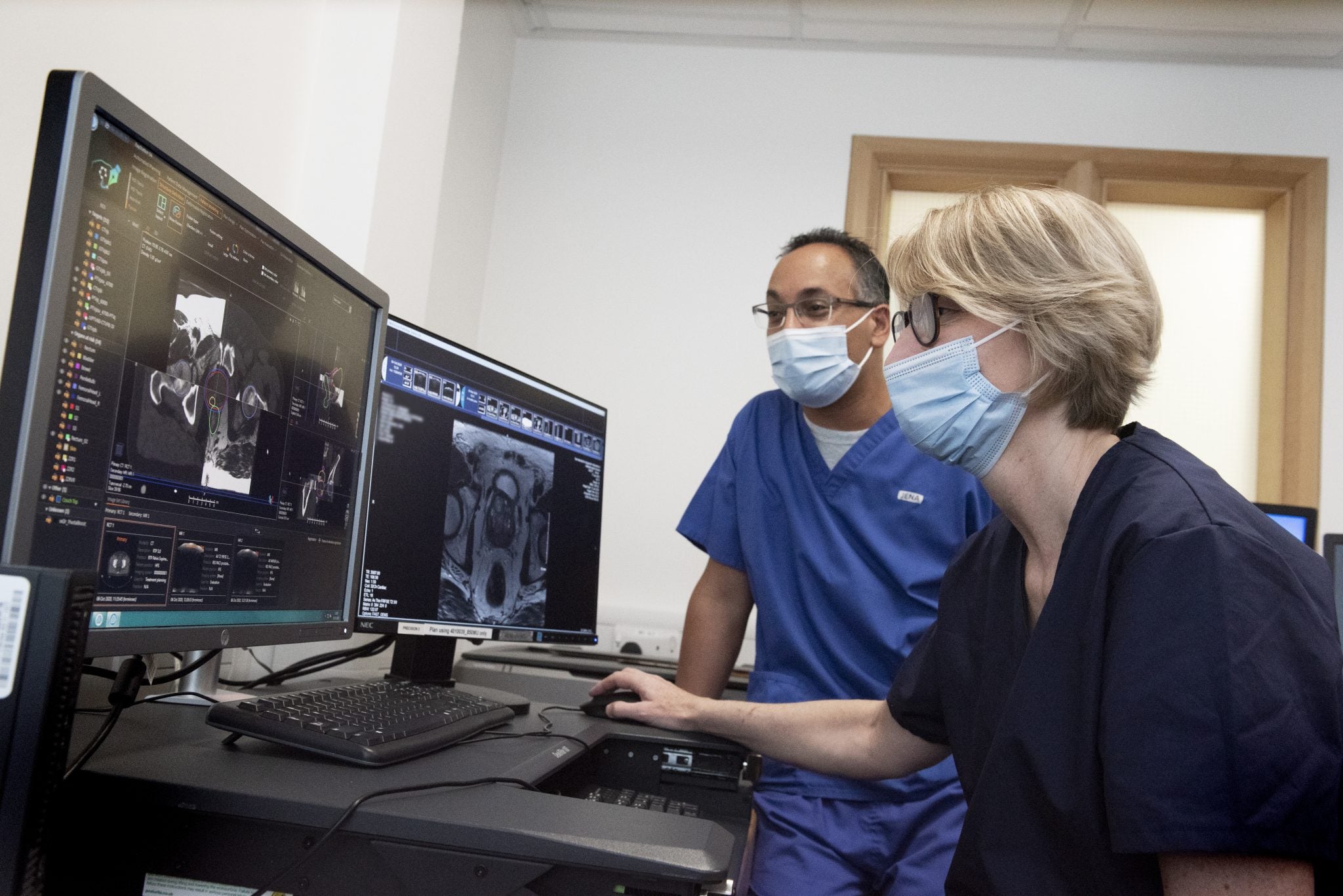Addenbrooke’s Hospital in the UK has been working with Microsoft to develop and pilot Project InnerEye over the past eight years.
A UK hospital will become the first in the world to speed up cancer treatments using an AI tool provided as part of Microsoft’s Project InnerEye.
Addenbrooke’s Hospital in Cambridge is set to deploy cutting-edge artificial intelligence technology to shorten the lengthy treatment planning stage associated with cancer of the head and neck.
This should, in turn, improve patient survival rates because these types of cancers can grow very quickly if left untreated.
Project InnerEye – which was created at tech giant Microsoft’s Cambridge-based research lab – will involve developing AI models that use the hospital’s own data to automatically highlight tumours and healthy organs on patient scans.
In complex cases, this task takes several hours for a clinician to complete manually, but experts believe it can be done 13 times faster using AI.
The scan is also checked and confirmed by a clinical oncologist before the patient receives treatment.
Dr Raj Jena, an oncologist at Addenbrooke’s Hospital and co-lead of Project InnerEye, said: “The results from InnerEye are a game-changer.
“To be diagnosed with a tumour of any kind is an incredibly traumatic experience for patients.
“So, as clinicians, we want to start radiotherapy promptly to improve survival rates and reduce anxiety.
“Using machine learning tools can save time for busy clinicians and help get our patients into treatment as quickly as possible.”
Microsoft’s Project InnerEye
Roughly half of all cancer patients are treated with radiotherapy, which involves focusing high-intensity radiation beams to damage the DNA of hard, cancerous tumours while avoiding surrounding healthy organs.
This begins with a three-dimensional CT (computed tomography) imaging scan of the part of the body that needs to be targeted, which must be examined and marked up by a radiation oncologist, clinical oncologist or specialist technician in a process known as contouring.
While the oncologist or technician may spend several hours manually drawing contour lines around the tumours and key healthy organs in the target area using dedicated computer software, Project InnerEye enables this to be done automatically – and potentially completed 13 times faster – using AI.
Addenbrooke’s Hospital has been working with Microsoft to develop and pilot InnerEye over the past eight years.

Once the AI tool is in place for everyone, the hospital will be able to use its own data to improve accuracy – marking the first time an NHS trust has introduced a deep-learning solution trained on its own data.
Javier Alvarez-Valle, principal research manager at Microsoft Research Cambridge, said: “AI models trained with InnerEye are changing the way cancer is treated, speeding up the process to give patients greater peace of mind and empowering clinical oncologists with an AI assistant.
“The AI works in the background, so clinical oncologists just open up the scans on their computer and they can see what their AI model has highlighted. The clinical oncologist then decides what to do with that information.
“AI models trained with InnerEye will be hosted in Microsoft’s Azure cloud, so all the data is securely held in the UK and only available to the medical staff who need to use it.”




